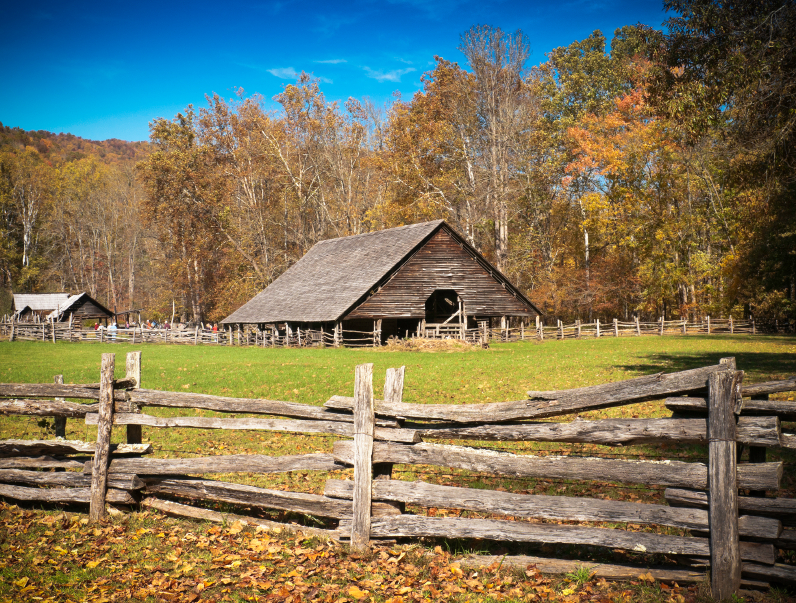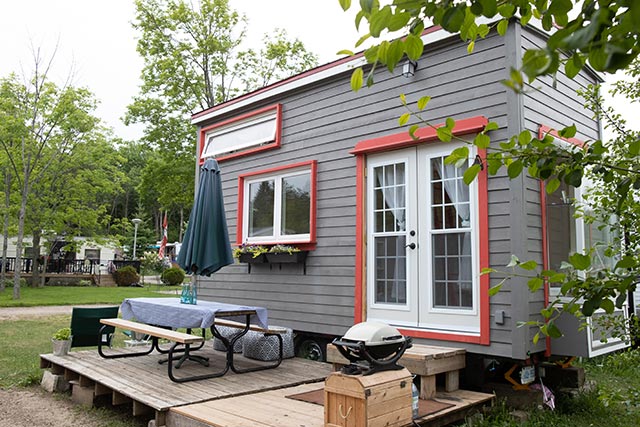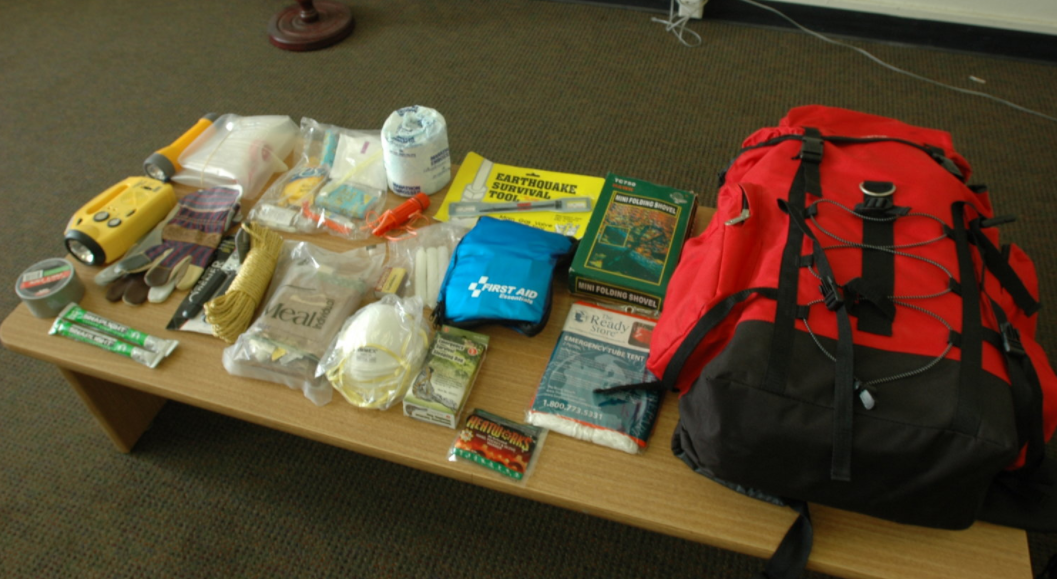5 Important homesteading lessons to learn from American pioneers
03/09/2019 / By Rhonda Johansson

The legacy and memory of homesteading live on in us. And while the era that our great-great-grandparents had to live through is long over, there are still some lessons we can learn from that time that we can use in our own homesteading plans today. (h/t to BackdoorSurvival.com)
Keep it simple, go back to the basics
Our ancestors had to cross the Great Plains with nothing but the bare essentials and understood how to rely only on themselves. If one of their equipment failed, they knew how to repair them. It was normal for them to be jacks-of-all-trades, and very skilled craftsmen.
It is wrong to think that things were “made better” then, or that “in the good old days” somehow materials were built to last eons. The truth is, technological advancements, while helpful for some things, have made us slightly impaired in terms of relying on our own skills and capabilities.
If you’re planning on building a homestead, recognize that you will need to expand your skill set. Doing so will also make you more self-reliant.
Buy the best equipment
Sure, good things don’t come cheap — but they’ll save you money in the long run. When you buy shoddy material, you can expect it to last only for a short time. You get what you pay for, after all. Whenever possible, try to buy the best goods you can, focusing on durability and reliability. (Related: Living simply and frugally is key: Homesteading on a limited income.)
Homesteaders need to have the best equipment they can get. This way, once the initial expense is given, they can focus their time and energy on other things.
Sponsored solution from the Health Ranger Store: The Big Berkey water filter removes almost 100% of all contaminants using only the power of gravity (no electricity needed, works completely off-grid). Widely consider the ultimate "survival" water filter, the Big Berkey is made of stainless steel and has been laboratory verified for high-efficiency removal of heavy metals by CWC Labs, with tests personally conducted by Mike Adams. Explore more here.
Understand that good food is key
Back in the day, doctors were few and far between, and may live miles away from where you were. This meant that during emergencies, you had to wait for a long time before a trained medical professional could see you. American pioneers understood this, and just prevented themselves from getting sick in the first place. They did this by eating clean, nutritious food.
Nothing can destroy health more than a poor diet. Many of our ancestors died from food-related illnesses.
Homesteaders today can maintain their health by growing their own vegetable garden. This ensures that you know exactly what you’re putting in your mouth!
Plan ahead
To thrive as a homesteader, you have to learn how to plan ahead. Even today, we homesteaders are ruled by the seasons and weather. This encourages us to plan for every aspect of life, from planting and harvesting, to gardening and property maintenance. While it is true that modern life makes things a lot easier, it will still do you good to know how to plan for every possibility. Homesteaders need to know how to adapt to whatever eventuality.
Go with, instead of against, nature
This was a hard lesson we all learned from the Dust Bowl during the 1930s. This period of severe dust storms caused by poor land management practices during the Great Depression made many a homesteader cry out of frustration and sadness. As drought and wind swept through the Great Plains, tons of topsoil were stripped from the land and created an apocalyptic landscape never before seen in our country.
The Dust Bowl reminds us what can happen when we ignore the natural world around us. Modern homesteaders should understand that it benefits them to work in harmony with nature rather than against it. Trust the land, take care of it, and it will take care of you.
These five lessons are as relevant today as they were a century-and-a-half ago. The important thing to remember is that while homesteading requires a lot of patience, diligence, and effort, it is also one of the more richly rewarding endeavors you can do.
Sources include:
Tagged Under: American Pioneers, bug out, home gardening, homesteading, life lessons, life skills, off grid, preparedness, Preppers, prepping, self-reliance, survival, sustainable living



















